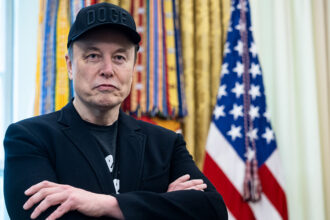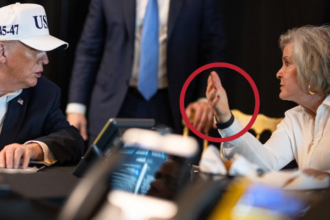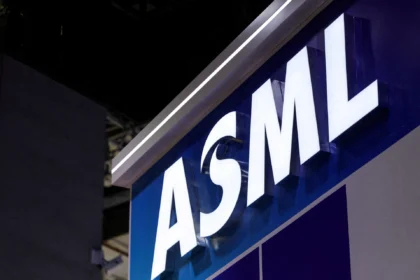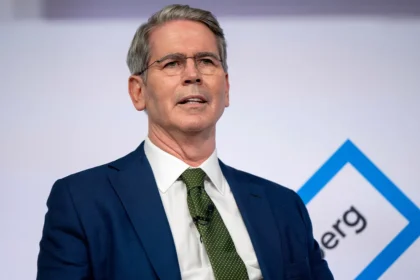Geopolitics in the semiconductor world has once again taken center stage. The tug-of-war over control of essential chip supply chains, crucial for the automotive and industrial electronics sectors, has placed Nexperia under the spotlight of global regulators. At YourDailyAnalysis, we see this not as an isolated corporate dispute, but as a signal of a new era: in the chip economy, strategic security now outweighs pure market logic. Supply stability has become synonymous with national resilience, and any sign of dependency triggers immediate political attention.
Nexperia said it welcomes signals from the United States and China suggesting readiness to remove barriers to its exports, reiterating its focus on maintaining steady supplies to customers. The company declined to comment on remarks from its Chinese subsidiary about “accelerating steps toward independence.” Industry insiders interpret this as careful diplomacy: a measured public tone aimed at preserving relationships while the global market watches every move.
As we analyze the situation at YourDailyAnalysis, this caution reflects a deep understanding of the moment. With recent sanctions hitting major Russian energy producers and governments tightening oversight of electronics supply chains, tolerance for ambiguous ownership structures has shrunk dramatically. Nexperia, formerly linked to China’s Wingtech, has long operated under heightened scrutiny, particularly in Europe where concerns over strategic tech dependence on China are rapidly expanding.
Automakers learned a painful lesson during the recent semiconductor shortages: even the most basic components – transistors, diodes, power switches – can halt entire manufacturing lines. Relief from Nexperia’s stabilizing supply outlook is welcome, but it is a cautious relief. The industry has already begun diversifying suppliers and building second-source systems, knowing that single-point dependencies are no longer acceptable.
From a policy standpoint, the Netherlands is positioning itself as a mediator and stabilizer, maintaining dialogue with Washington, Beijing and industry stakeholders. This is meaningful: the country, also home to ASML, seeks to preserve its strategic centrality without becoming a casualty of great-power rivalry, as noted by analysts at YourDailyAnalysis. Other European technology nations may study this balancing act closely.
Looking ahead, the next few quarters will be critical. Nexperia must prove it can operate smoothly under multi-jurisdictional scrutiny and deliver predictable supply flows. Automakers, in parallel, must solidify modern risk-management practices: dual-sourcing, buffer inventory standards, and transparent tracking across the entire chain.
Ultimately, Nexperia’s trajectory will serve as a barometer for semiconductor globalization in an era of strategic fragmentation. Success will position the company as a template for resilience in a politically charged tech ecosystem. Failure would accelerate a deeper restructuring of supply chains across the automotive and electronics industries. As we at Your Daily Analysis emphasize, this moment is not a victory lap – it is a preparation phase. Those who treat it as anything less risk being left behind as the semiconductor map redraws in real time.















